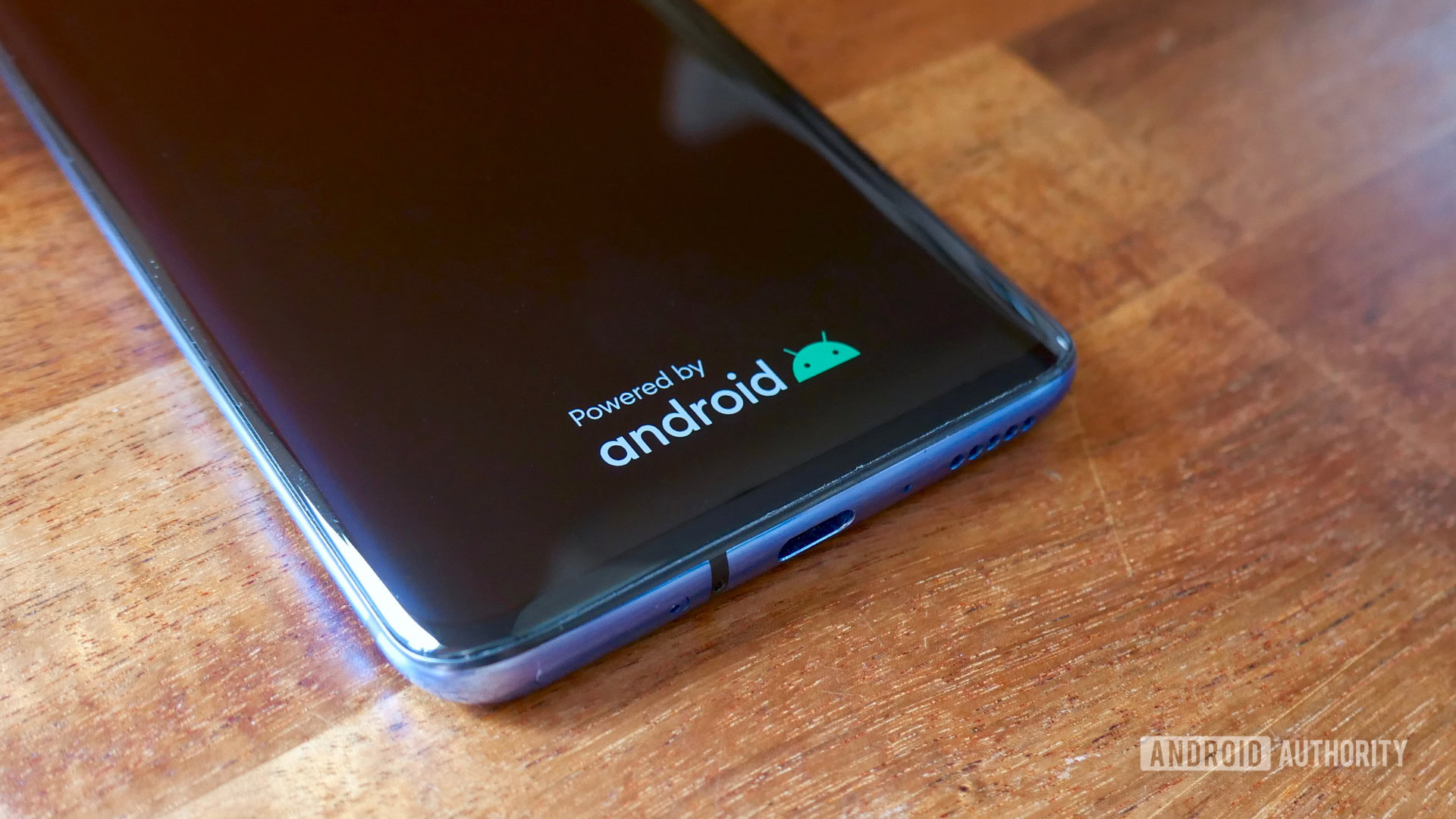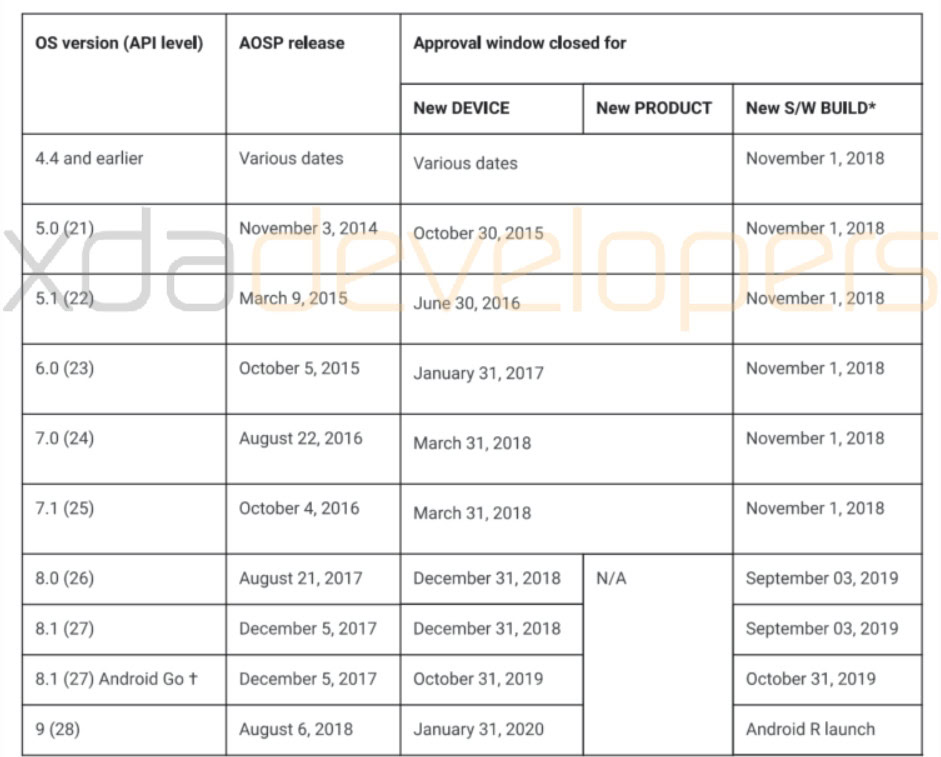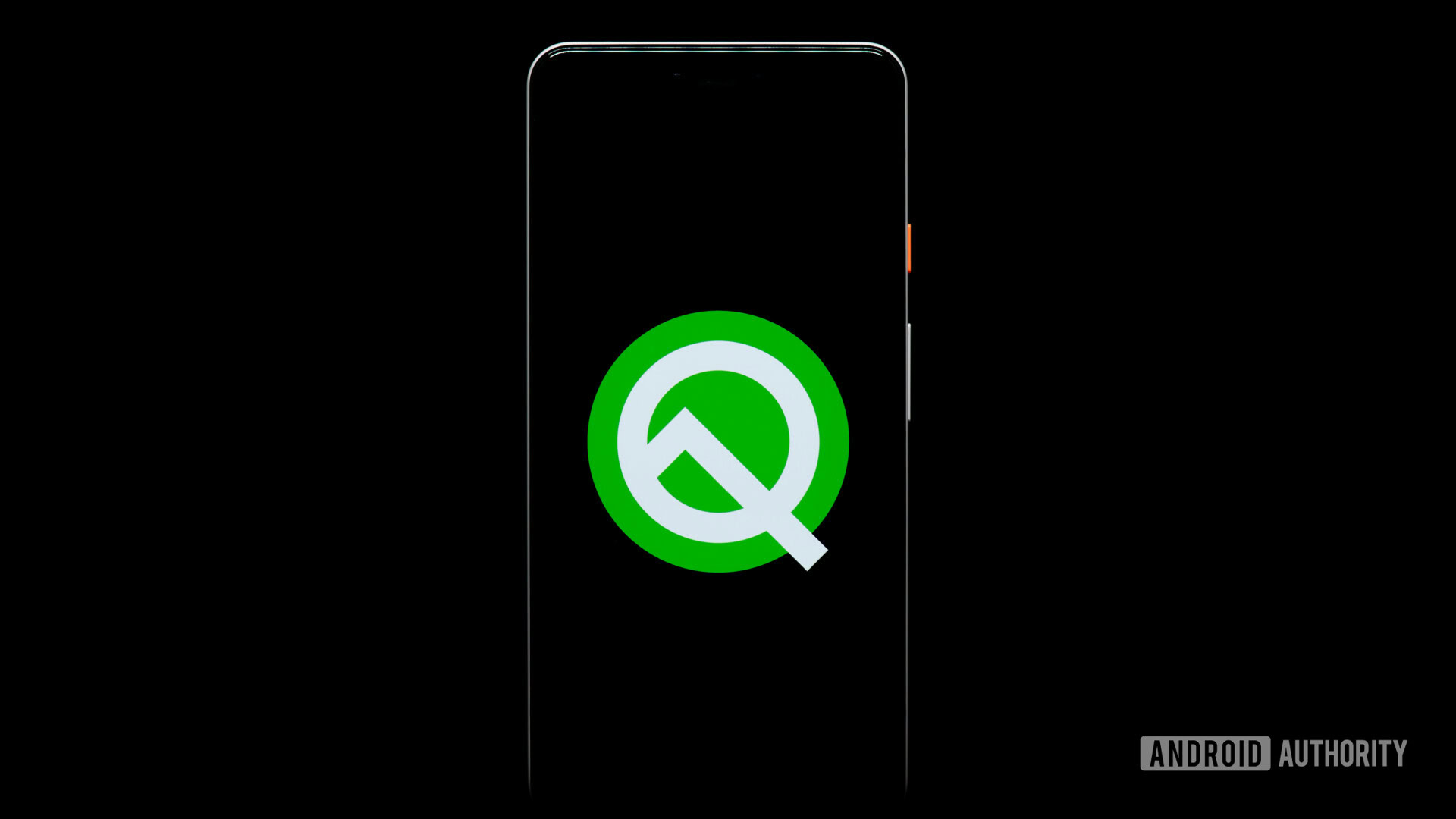Affiliate links on Android Authority may earn us a commission. Learn more.
Google is cracking down on new phones launching without Android 10

There’s one thing worse than waiting for your phone to get a new version of Android, and that’s a brand-new phone launching with an old version of the platform.
Fortunately, Google is cracking down on this practice (h/t: XDA-Developers), as it will no longer approve new devices running Android 9 Pie after January 31, 2020. In other words, new devices submitted to Google after this date will need to run Android 10.
XDA notes that manufacturers could skirt this mandate by submitting new devices for approval before the date, but launching them after the cut-off. This wouldn’t affect devices like Amazon’s Kindle Fire tablets either, as they’re not Google-certified anyway.

Got a device that won’t be updated to Android 10? Well, a table obtained by the outlet (seen above) shows that Google will approve Pie-based updates for that device until Android 11’s release. The manufacturer will only be allowed to issue security patches after this point (if it doesn’t adopt Android 10 or 11).

Nevertheless, we’re glad to see Google laying down the law regarding new devices with older Android versions. It’s certainly understandable that manufacturers might adopt older Android versions in the weeks following a new update’s release. But releasing a new phone with Android Pie today when Android 10 has been available since August is very disappointing.
Pushing for devices to launch with Android 10 also ensures that these devices will receive Project Mainline. This initiative allows for some system/security updates to be pushed out via the Play Store, reducing the update workload for manufacturers and carrier partners. So you can certainly argue that manufacturers are creating less work for themselves down the line by launching with Android 10.